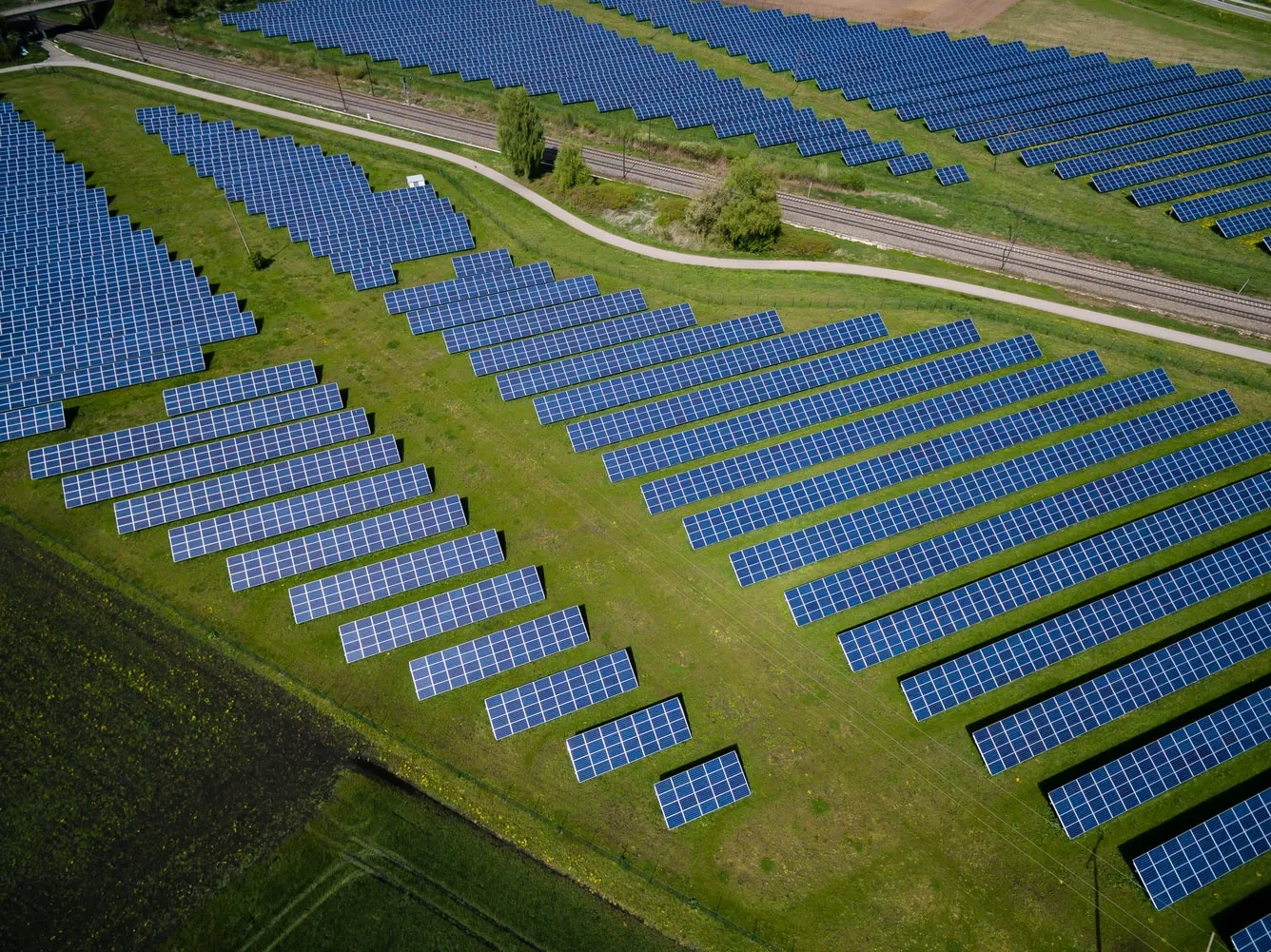Originally published as part of the EAI’s Industry Update newsletter
The EAI was delighted to attend The National Energy Summit, held on April 26th in Croke Park. The event, featuring a diverse range of public and private sector speakers and chaired by Ivan Yates made for an engaging and dynamic discussion centred around collaborative action and the need for concerted effort to affect the transition to a clean, green, just and secure energy ecosystem, building on a foundation of judicious policy and no regrets infrastructure and investment.
Mary Lou McDonald TD gave the keynote address speaking of need for energy independence and a collective national effort followed by Elaine O’Connell Policy Officer, Directorate General for Energy, Internal Energy Market Unit, European Commission, who spoke of Ireland’s energy transition through the lens of the European Commission initiatives such as the Green Deal, Fit for 55 and RePowerEU.
“You may think that Ireland is a small country, so what can we do?”
With a sense of optimism, Ms. O’Connell reminded attendees of Ireland’s leadership in certain areas of energy such as our world leading figure of 75% in Renewable Energy Penetration of our National Grid, and the opportunities for Ireland to be a leading example Europe can look toward.
Reflecting on the recent spike in energy prices, she stressed the significant role of market design. This will be of particular importance to Ireland due to its reliance on electricity and gas markets to ensure affordability and security of supply and the deep electrification of the Irish economy that will take place.
The final address to the morning session was from Brian Ó Gallachóir, Professor of Energy Engineering UCC and Director of SFI MaREI Centre. While praising the significant change in the political discourse regarding action towards accelerating the green transition, he noted that Ireland still has a significant obligation from the EU to move away from Gas, which must remain at the forefront of change. Stark figures relating to Ireland’s carbon budgets further highlighted this need. For example, Ireland has achieved an 18% reduction in GHG emissions, however a significant acceleration of effort will be needed to achieve the required 51% reduction.
Most of the day was dedicated to solutions, technologies and ideas. Alex Blackley of AFRY Management Consulting, highlighted the benefits of increasing storage duration by stating that:
“As you add longer duration of storage, the benefits go up, and that stops when it gets to eight hours”
in the ensuing panel discussion, the key role of on energy storage, as an essential link between RES and Security of Supply within Ireland was debated.
Kristian Ruby, Secretary general of Eurelectric also gave a video address from Brussels, posing the question of how we will achieve a carbon free electricity system before the middle of the century and that system expansion was a key facet of this by making electricity the basis for many more carbon intense sectors such as transport.
He went on to say that Europe’s aspirations for Renewable Energy generators, Storage solutions, backup infrastructure and robust grid infrastructure by 2030 will have no chance to make it on time without a more efficient system for planning permission. He stated that:
“Ambition requires permission”
He concluded on the topic of electricity market design and the need for a market signal that generates investor certainty and gives investors’ confidence in their investments.
Heat and smart digitisation of electricity was a recurring “hot” topic throughout the afternoon. In a panel discussion with James O’Donnell, associate professor at the School of Mechanical & Material Engineering, University College Dublin (UCD), Sean Finan, chief executive of the Irish Bioenergy Association (IrBEA), and Barry Hayes, assistant professor at the School of Engineering, University College Cork (UCC), the advantages of smart centralised management of buildings and how these energy savings could potentially be offered as a service to the grid, were discussed.
Upgrading and centralising a building’s heat management system, by treating as an overall system rather than multiple units could offer a 10-30 pc decrease in building energy use. This type of smart management could be sold as a service to the grid and treated as an asset.
Donna Gartland, chief executive of Codema and Director of the Irish District Energy Association, set out the potential of advancing heat technologies in Ireland. District heating, a well-established technology in the rest of Europe has seen little interest in Ireland until recently. However, she stated that Ireland can avail of best available technologies and practices from the get-go and that a trial district heating study was underway with a data centre in Tallaght.
The potential of linking heat and electricity was largely echoed by Helen O’Sullivan of flex Power Solutions, particularly in the harnessing surplus Renewable energy through technologies such as high-pressure electrode boilers.
“A holistic approach to energy”
The concluding presentation by Marie C. Donnelly, Chairperson of the Climate Advisory Council, drew on the examples of solidarity and a collaborative national effort towards the greater good displayed by the people of Ireland during the early days of the COVID crisis, and how the trinity of electricity, heat and transport must work together in managing demand and creating an energy efficient island. She stated
“To take an expression we all used over the last two years, we need to flatten the curve……Ultimately, in the electricity system, why do we have a demand curve today in 2022 that looks the same as 15 years ago? With all the technologies and possibilities, we have out there, why have we not flattened the demand curve in the electricity system?”

